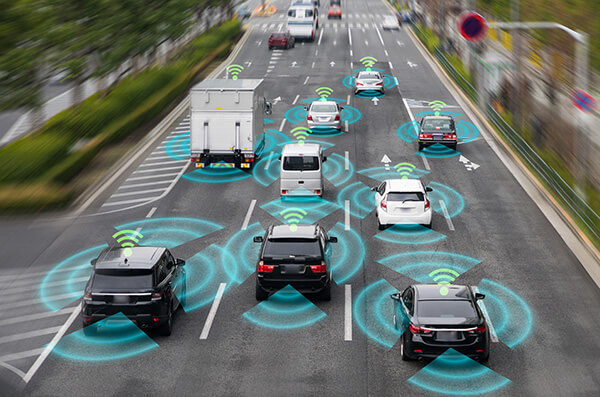Almost half of UAE residents (49 percent) said they are likely to own self-driving cars in the next five years, according to a recent survey.
The poll, which was conducted by YouGov, also noted that nearly a quarter (23 percent) are unlikely to do so and an equal proportion (23 percent) are unsure if they will purchase autonomous cars should it be available to them.
The report also revealed that in comparison men are more inclined to own an autonomous car in the future than women, with 53 percent of the male respondents expressing interest compared to 42 percent of female respondents.
Among the various age-groups, people in their thirties (52 percent) are more likely than those under thirty (47 percent) and those aged 40 and above (48 percent) to possess one. Working professionals are also far more likely to own an autonomous car when compared to their non-working counterparts (53 percent vs 36 percent).
When it comes to safety, YouGov’s research shows that 43 percent feel driverless cars are safer than human-driven cars, 27 percent think they are less safe while 17 percent say they are just about the same.
Among those who feel self-driven cars lag behind human-driven cars in terms of safety, a majority (66 percent) suspect the technology backing the advancement and feel it could fail on the road.
A similar proportion doubt the technology’s competency in spotting and reacting to sudden movements on the road (64 percent). Conversely, a large proportion feels self-driven cars can’t spot hazards well (44 percent) and may pose a potential threat to pedestrians (44 percent).
Despite the scepticism on the safety of self-driving cars, close to half (48 percent) of the surveyed respondents feel more testing of self-driving cars in the real-world will increase their confidence in the safety of these cars. Women are more likely than men to say this (53 percent vs 44 percent).
Further into the study, many believe in the benefits of an autonomous vehicle. More than two in five feel self-driving cars are more likely than human-driven cars to spot hazards in adverse condition (42 percent) as well as spot dangers in the dark (42 percent). Almost as many believe they will be quicker to react to hazards than humans (40 percent) and will also reduce road traffic (39 percent).
Zafar Shah, research director, Data Services, YouGov MENA, said, “Public sentiment and affinity to this disruptive innovation is not surprisingly varied as it goes through the new technology adoption lifecycle. As technology progresses, driverless cars are almost certainly the future of transport. The UAE is already expected to issue the final standards and regulations for autonomous vehicles this year which means this futuristic technology is a lot closer to reality than we think.”





